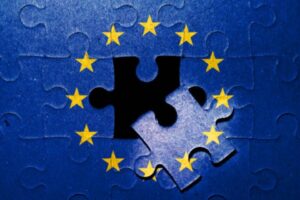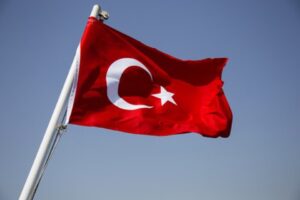Josep Borrell, Foreign Policy Chief and High Representative of the European Council, released a statement regarding malicious behavior in cyberspace from the Russian Federation.
In the statement, Borrell outlined malicious activity online being perpetrated by Russian organizations tied to the Kremlin, and vaguely hinted at the possibility of future sanctions packages against certain Russian individuals and entities, Schengen-Visa.com reports.
According to Borrell’s statement, multiple Member States have observed malicious behavior form Russia, particularly from a group called Ghostwriter, which is associated with the Russian government. The malicious behavior, according to Borrell, undermines the EU’s goals for democracy and values.
“Some EU Member States have observed malicious cyber activities, collectively designated as Ghostwriter, and associated these with the Russian state. Such activities are unacceptable as they seek to threaten our integrity and security, democratic values and principles and the core functioning of our democracies,” Borrell said.
The malicious behavior that Borrell is talking about includes the spreading of disinformation, stealing members of EU governments’ personal data, and manipulate information in such a way that undermines European democracy and the norms of international activity.
“These malicious cyber activities are targeting numerous members of Parliaments, government officials, politicians, and members of the press and civil society in the EU by accessing computer systems and personal accounts and stealing data. These activities are contrary to the norms of responsible State behavior in cyberspace as endorsed by all UN Member States, and attempt to undermine our democratic institutions and processes, including by enabling disinformation and information manipulation,” Borrell said.
Borrell concluded by urging Russia to stop immediately their malicious online activity and adhere to norms established for countries to follow while dealing with each other.
“The European Union and its Member States strongly denounce these malicious cyber activities, which all involved must put to an end immediately. We urge the Russian Federation to adhere to the norms of responsible state behavior in cyberspace. The European Union will revert to this issue in upcoming meetings and consider taking further steps,” Borrell said.
The “further steps” that Borrell mentioned likely refer to sanctions against Russian individuals and entities should the behavior not stop.
Sanctions can include travel bans, asset freezes, and banning European entities from doing business with individuals and organizations that are targeted by the sanctions.
Currently, the EU has several sanctions packages against Russia for various international and human rights infractions, including the stifling of democracy in the country and Russian involvement in Ukraine’s Donbas and Crimea regions.












